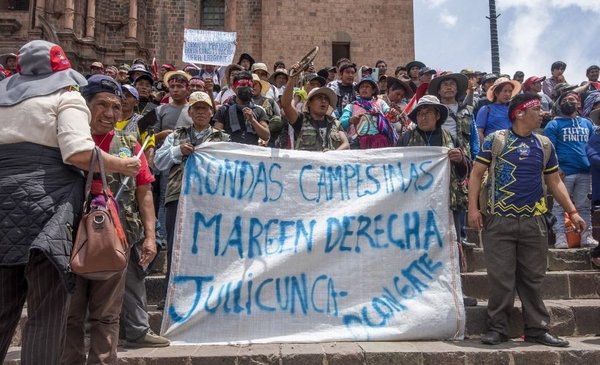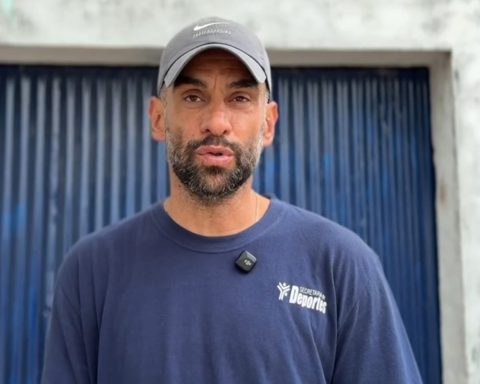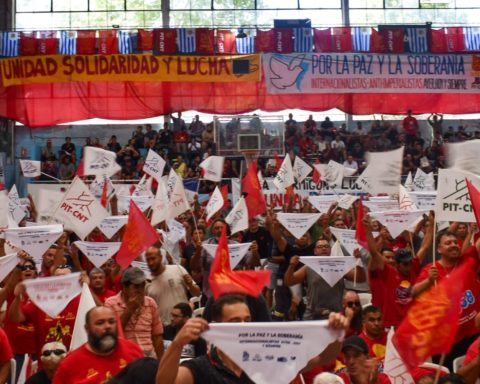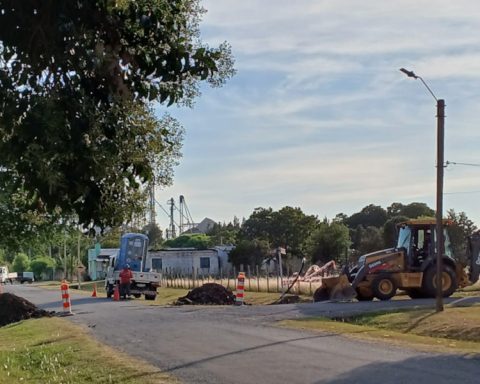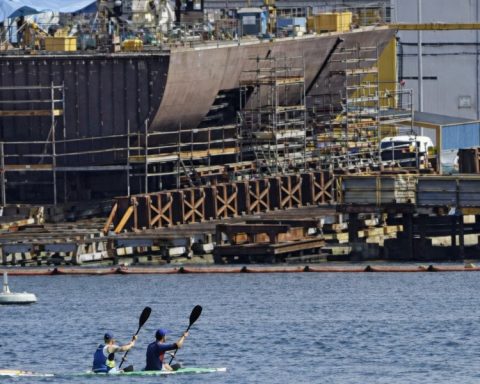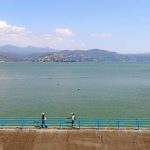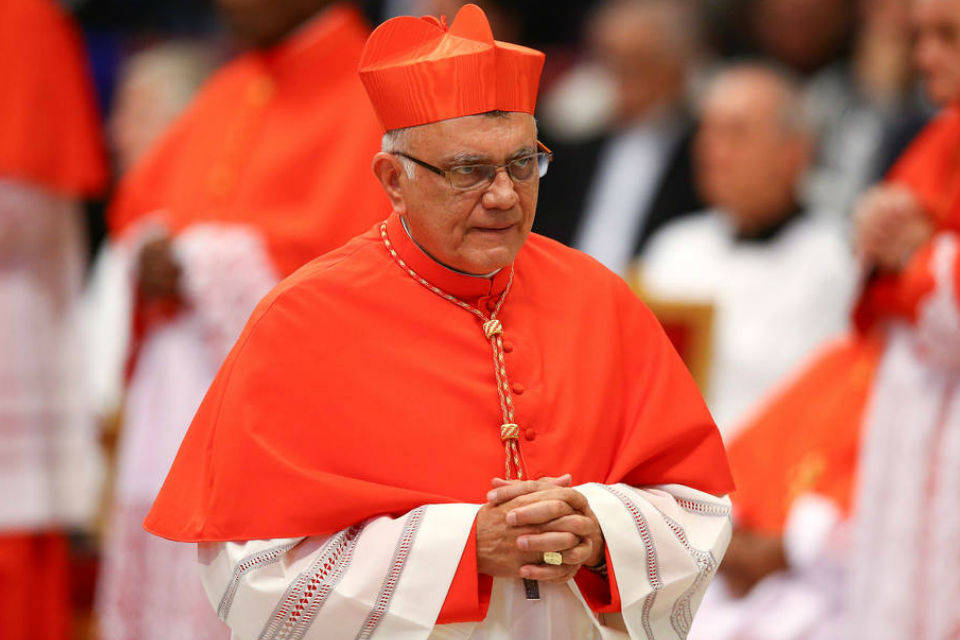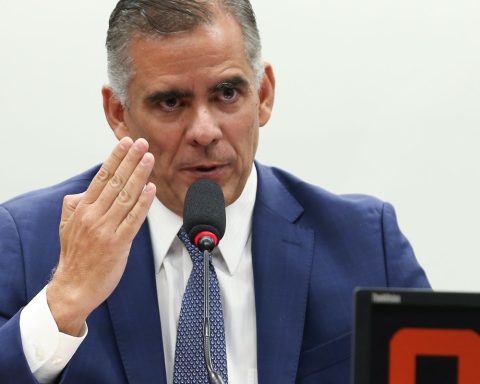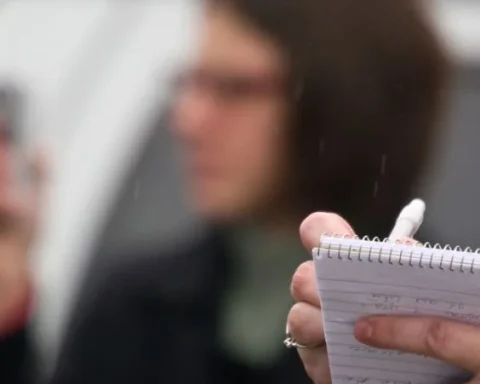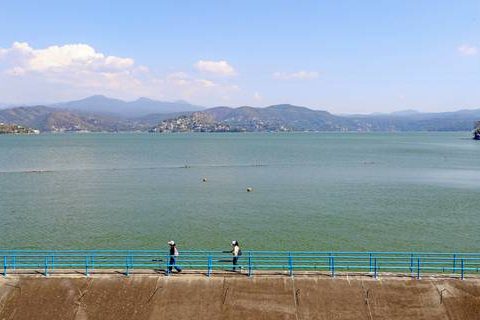There are 13 Uruguayans who are stranded in Peru after the suspension of the suspension of the train service that left them isolated in the town of Aguas Calientes, and in Cuzco where they cannot leave due to the protests that were generated due to the removal of former president Pedro Castillo last week.
Of the 13, there are eight that are in Cusco and five in Aguas Calientes, informed the Uruguayan ambassador in Peru, Luis Hierro López.
The diplomat indicated that During this Thursday, humanitarian planes will arrive so that those who are in Cusco can be transferred to Lima, while those from Aguas Calientes will have to wait for the train service between Cusco and Aguas Calientes to be reestablished.
Hierro reported that the Uruguayans are “in good condition and calm” despite the uncertainty caused by being stranded in another country. As described by the ambassador, There are families and even a couple that is walking towards Ollantay Tambo, a town that is between Cuzco and Machu Picchu.
One of the stranded, mother and daughter, said they were not sure when they were going back to Cusco. “We are stranded here in Aguas Calientes, Machu Picchu. We still do not have a certain way to leave for Cusco to take the plane,” Ana María told Telenoche (Channel 4). “Today at noon, the Ministry of Tourism of Peru, with a pool of travel agencies, was going to deal with the issues so that a government policy was generated to see how they would get the 750 tourists who are here in Machu Picchu out of us,” he assured.
It is estimated that almost 800 tourists of various nationalities They have been stranded since Tuesday in the vicinity of the Inca citadel of Machu Picchu.
The suspension of the train service and the closure of the citadel ordered by the Ministry of Culture left 779 tourists isolated in the town of Aguas Calientes, renamed Machu Picchu, according to official records.
Many of them gathered at the train station awaiting news about an eventual reopening of the tracks to Cusco, where the international airport, which was taken over by protesters on Tuesday, also remained closed.
“From December 14 of the current year until further notice, due to the social conflict that is taking place in Peruvian territory and for the safety of tourists and the general population, the closure of the Inca Trail Network has been ordered. and the llaqta (citadel) of Machu Picchu”, reported the Decentralized Directorate of Cusco Culture, quoted by the Sputnik news agency.
The protests then take place at a time when the government of Dina Boluarte declared a state of national emergency in Peru on Wednesday and proposed advancing the elections to 2023 to appease the violent protests after the failed self-coup by Pedro Castillo.
